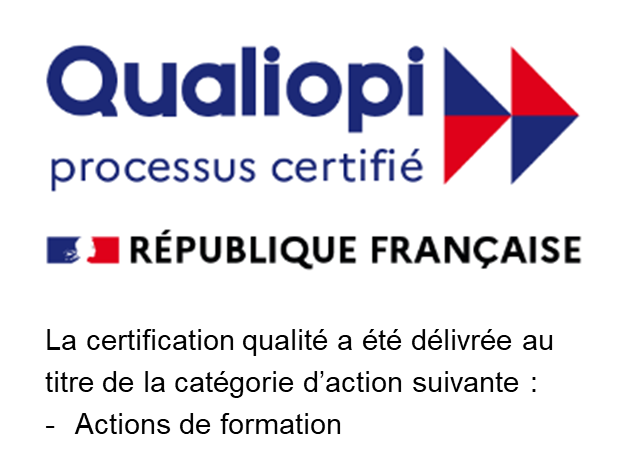Diverging Trends in Global Mobility and its Impact on Employee Experience
Global Mobility Fit to Serve One of its Main Future Drivers?
Global Mobility leaders are increasingly relating to the topic of Employee Experience (EX), or People Experience – to encapsulate what mobile talent will encounter over the complex course of their international journey. As we are (hopefully) gradually exiting the Covid-19 pandemic, EX is anticipated to become foundational within talent management for a simple reason: organizations increasingly recognize people as their greatest assets, which is especially true for their international talent who will need high-touch care and reassurance to move in post-Covid times. As global talent shortages emerge across many sectors, investing in talent and especially mobile talent has never been a more critical component of a Global Mobility strategy.
This will be a challenging balancing act in a post-Covid world: how to provide mobile talent with an impactful customized experience, combined with choice that aligns with global mobility policies, duty of care, minimal exceptions, all delivered and managed at scale?
So, as this challenge emerges, what does EX mean for Global Mobility and how is leadership embracing the opportunity it presents?
The Rise of EX in Global Mobility and the Danger of Misreading It
Global Mobility can be a highly disruptive yet exciting experience, touching employees and their loved ones in all aspects of their private and professional lives. EX in Global Mobility therefore needs a more caring, holistic and multifaceted approach when compared to other employee benefits.
EX is more than a nice-looking user portal: easy digital access to service and resources is seen as standard by mobile employees, not as “the” EX itself. 68% of leading Tech organizations global mobility leaders see technology as a given, while the human touch will make the ultimate difference. The sentiment from Tech leadership is that simply providing access to flexible benefits via cool looking Apps with no direction is a “hands-off, low touch” approach and not supportive of the EX-experience. EX starts with effortless access to support via an app-friendly user interface, but EX must include “high touch”, personalized and valued support during one of the most disruptive times of someone’s life. As a result, low touch “cash only” policies are reaching their limits. Cash allowances offer empowerment and flexibility but completely miss the point: current mobile talent want Global Mobility departments to listen to them, to be flexible to their needs, to indulge them, but also to take care of all the hassle related to their move!
Does this resonate with you? Indeed, a great EX is rarely synonymous with self-service. Mobile talent today want everything and much more as part of their EX.
Automation and Cost Savings
When the Covid-19 pandemic recedes, organizations will rely mostly on lean inhouse mobility teams, on shared-service centers or outsourcing models. All these models are anchored on simple key principles: grouped expertise, cost savings and efficient large scale service delivery operations usually from low-cost labor markets.
Except for very few industries like the Pharma and the Tech, the Covid-19 pandemic has brought heavier cost pressure on all these operating models, resulting in a reduction in capabilities and staffing levels. The way forward for most of these shared-service centers and outsourcing providers seem to accelerate their race towards automation. Clever bots and embryonic Artificial Intelligence are exciting and valuable as part of the overall service solution, however, will inevitably lead towards less human touch.
So, are we going to expose our most precious global talent to the challenges of the leanest customer experience, whereas the ultimate privilege is to be heard by another human?
Our Question to You
As we see mobility resume, now is a pivotal point in the future of Global Mobility.
How as HR professionals do we answer the call for a better EX, with a supporting operating model under cost-pressure, and racing towards automation and lower touch? How should we best support our global talent and remobilize them?
This is perhaps an opportunity for inhouse mobility teams, shared-service centers, and outsourcing providers to play a catalyst role within organizations to “challenge the norm” and to step-up their games together.
Join us for more discussions on this topic during one of our events, and to discover how some successful global mobility departments have found their way to reconcile these diverging trends – click here
.
Share this post















